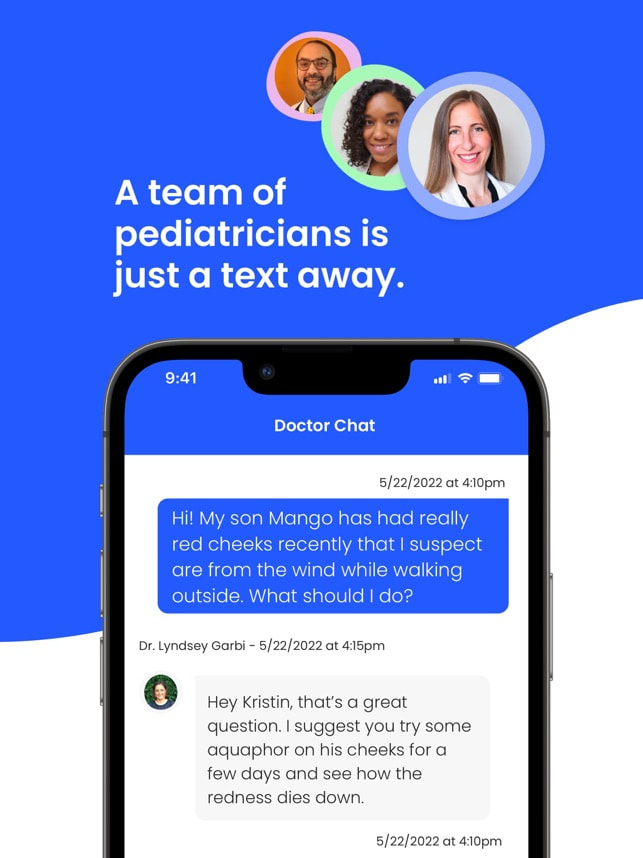|
If you are fostering a toddler, there are some key behaviors that you should understand and expect as they adjust to their new home. Learning how to differentiate between normal toddler behavior and potentially more serious issues can help make sure your foster child gets the support they need.
Understanding Age Appropriate Behaviors A good starting point for understanding typical toddler behavior is to understand what is considered age appropriate development for toddlers. Generally, toddlers aged one to three years old have a limited vocabulary and may communicate primarily through gestures and body language. At this age, children also have very limited self-control and often act impulsively or out of anger or frustration when their needs aren't met. It's important for foster parents to remember that tantrums and emotional outbursts are normal expressions of emotions at this stage of development. Differentiating Between Normal Behavior & Trauma Triggers In addition to normal toddler behaviors, it's important for foster parents to be aware that children in the foster care system have experienced trauma which may manifest itself in certain behaviors or reactions. For example, if your child experiences an unexplained fear or anxiety when separated from caregivers, it could be due to past trauma associated with separation from primary caregivers. Similarly, if your child displays signs of aggression towards other children or adults, it could be indicative of unresolved trauma or feelings of helplessness. It's important for foster parents to recognize potential triggers like these right away so that they can take steps to provide appropriate support and resources as needed. Coping Skills & Self Regulation Techniques One way that foster parents can help their children cope with challenging emotions is by teaching them coping skills such as deep breathing exercises or positive self-talk techniques. These types of activities can help kids learn how to self-regulate their emotions in difficult situations and give them the tools they need to better manage stressors related to their past trauma. Additionally, providing a consistent daily routine with regular mealtimes, bedtimes, playtime, etc., can help create structure and predictability which is especially beneficial for children who have experienced traumatic events in the past. Seek Professional Help As Needed Though they're young, even toddlers may benefit from professional help like behavioral therapies, play therapy or floor time therapy. Additionally, if young children are severely struggling, you should have them evaluated for other services; speech therapy, occupational therapy or physical therapy may help them reduce physical frustrations and allows them the opportunity to thrive in other areas. There are also many resources available to help foster parents learn tactics and skills to parent a child who is struggling, including parent coaching with a licensed therapist. Get a free parent coaching consult with Manatee here. While there may be some unique challenges associated with fostering a toddler in care, it’s important for foster parents not forget about all the wonderful aspects of parenting a young child too! With love, patience, understanding and access to appropriate resources, foster parenting a toddler can be an incredibly rewarding experience! Keeping these things in mind while navigating typical toddler behaviors during this transition period will ensure your new family member gets off on the right foot during their time with you. |
AuthorI'm a foster mom, bio mom, working mom, special needs mom, busy mom. I'm also married to my high school sweetheart, I'm a proud 23-year childhood cancer survivor, and I'm passionate about serving my community. More from FosterMamaArchives
March 2023
Categories
All
|


 RSS Feed
RSS Feed